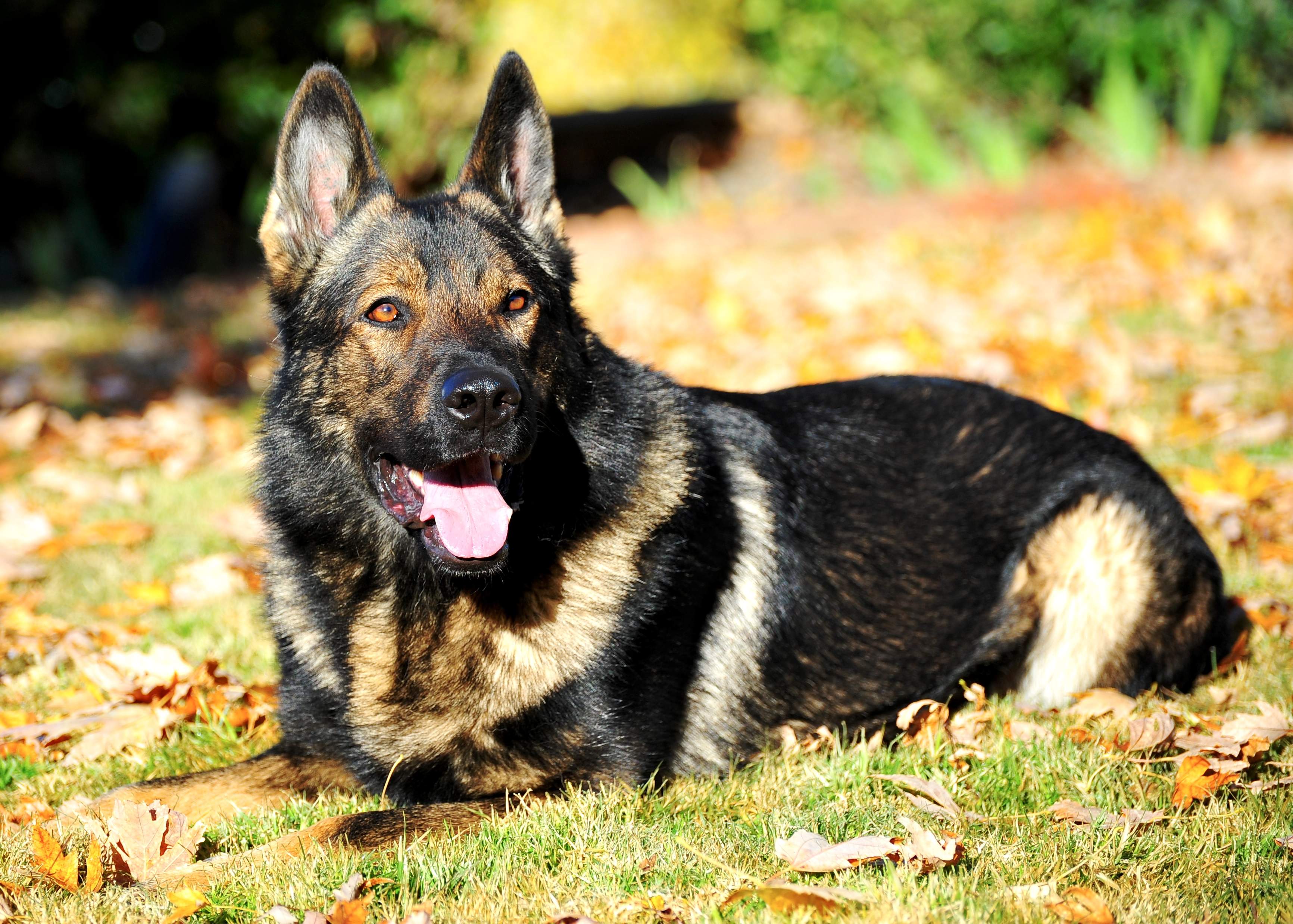The Secret Behind German Shepherds' Protective Instincts: A Critical Examination
German Shepherds' protective instincts, while widely recognized, are a multifaceted phenomenon shaped by a complex interplay of genetic, environmental, and cognitive factors. This essay critically examines the complexities of these instincts, exploring different perspectives and analyzing the underlying mechanisms that contribute to their manifestation.
Genetic Predisposition:
German Shepherds are a herding breed originally bred to protect livestock. This genetic foundation has endowed them with inherent protective traits. Breed standards prioritize qualities such as courage, loyalty, and alertness, which further enhance their protective capabilities.
Protective instincts are hardwired into German Shepherds' behavioral repertoire. Their territorial nature and strong attachment to their owners drive them to defend their perceived space and loved ones. Additionally, their prey drive and natural aggression towards perceived threats contribute to their protective abilities.
Environmental Factors:
German Shepherds' protective instincts are malleable and influenced by socialization and training. Positive reinforcement and early exposure to various stimuli help shape their behavior, fostering appropriate protective responses while mitigating excessive aggression.
The strength of the bond between a German Shepherd and its owner plays a significant role in its protective instincts. Dogs that feel secure and loved are more likely to exhibit protective behaviors towards their owners and family.
Environmental stressors and perceived threats can trigger protective instincts in German Shepherds. Fear, anxiety, and past traumatic experiences can exacerbate these behaviors, leading to inappropriate or aggressive responses.
Cognitive Mechanisms:
German Shepherds' protective instincts are influenced by their perception and interpretation of their surroundings. They have a highly developed sense of awareness and can detect potential threats based on visual, auditory, and olfactory cues.
When faced with a perceived threat, German Shepherds engage in rapid cognitive processes to assess the situation and determine an appropriate response. Protective instincts are activated when they perceive a threat to their owners, family, or territory.
German Shepherds' protective instincts combine both instinctual and learned behaviors. Genetic predispositions provide an innate foundation, while socialization, training, and experience shape the specific manifestations of these behaviors.
Critical Perspectives:
While German Shepherds are often associated with strong protective instincts, it is important to note that individual dogs may vary in their protective tendencies. Factors such as age, gender, and socialization history can influence the intensity of these behaviors.
Protective instincts can sometimes lead to excessive aggression or inappropriate responses. Misinterpreting normal behavior as a threat or insufficient socialization can result in defensive behaviors that may pose risks to others.
Owners must recognize the potential for protective instincts in German Shepherds and take appropriate measures to ensure their dogs are well-socialized, trained, and managed in a responsible manner. Failure to do so can lead to unintended consequences and safety concerns.
German Shepherds' protective instincts are a complex and multifaceted phenomenon shaped by a combination of genetic, environmental, and cognitive factors. While these instincts can provide loyal protection and companionship, they also require careful management and responsible ownership. By understanding the underlying mechanisms and engaging with critical perspectives, we can foster healthy and appropriate protective behaviors in German Shepherds, ensuring their well-being and the safety of our communities.
Pembroke Welsh Corgis And Their Fun And Playful Nature
Why Rottweilers Are Known For Their Protective Nature
German Shepherds As Family Pets: What You Should Know



